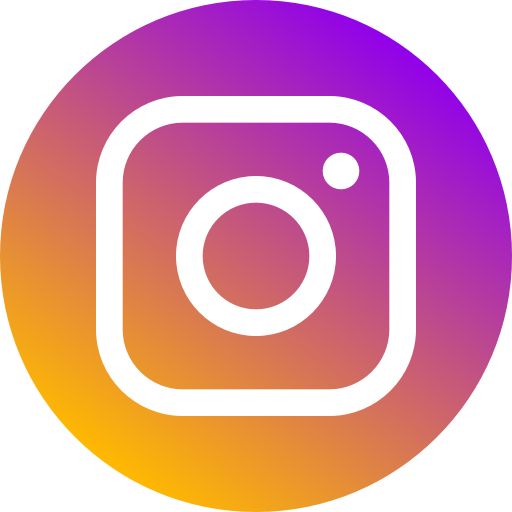If you’re an American with Internet access, you’ve probably done it. You get a headache, a sniffle or a mystery bruise, and instead of seeing your doctor, you consult “Dr. Google.”
According to some studies, more than 80 percent of Americans have used the Internet to “self-diagnose” health issues. UC Merced public health communication Professor Susana Ramirez’s new partnership with an eHealth startup aims to help people get quality information and find out what they do with it once they have it.
“Sometimes the answers people get from websites are like newspaper horoscopes,” Ramirez said. “You can’t really say that there’s anything wrong with the answer, but it’s so generic as to be useless for any individual situation. So you end up with people convinced they have some rare cancer, and that creates undue anxiety.
“Another problem with simply ‘Googling’ symptoms is that search engines refer people to sites of varying quality, and there is a lot of junk information out there.”
That’s where BuoyHealth.com, an “artificial-intelligence health assistant,” comes in. The tool synthesizes 22,000 pieces of clinical literature, data and studies that have been encoded in its algorithm, along with more than 35,000 questions medical professionals would ask a patient in a live setting, to guide users through a virtual medical interview.
Users get three possible diagnoses, along with recommendations for levels of care appropriate for each.
While he was a Harvard Medical School student, Dr. Andrew Le saw many patients who sought emergency room care when they didn’t need it or arrived too late to get critical help because they tried to self-triage by using information from the Internet.
His own father’s illness and inability to decipher online information inspired Le to take a sabbatical in his final year of school to develop the artificial-intelligence-based platform called BuoyHealth.com, launched in 2017.
Le earned his M.D. and has since devoted his time and resources to making Buoy as robust as it can be, and while the platform — with more than 100,000 users a day — has demonstrated successes, Le recently invested in Ramirez’s lab with a $130,000 grant to study how effective the service is.
“We’re simply trying to help people make safer, more efficient health-care decisions,” he said.




